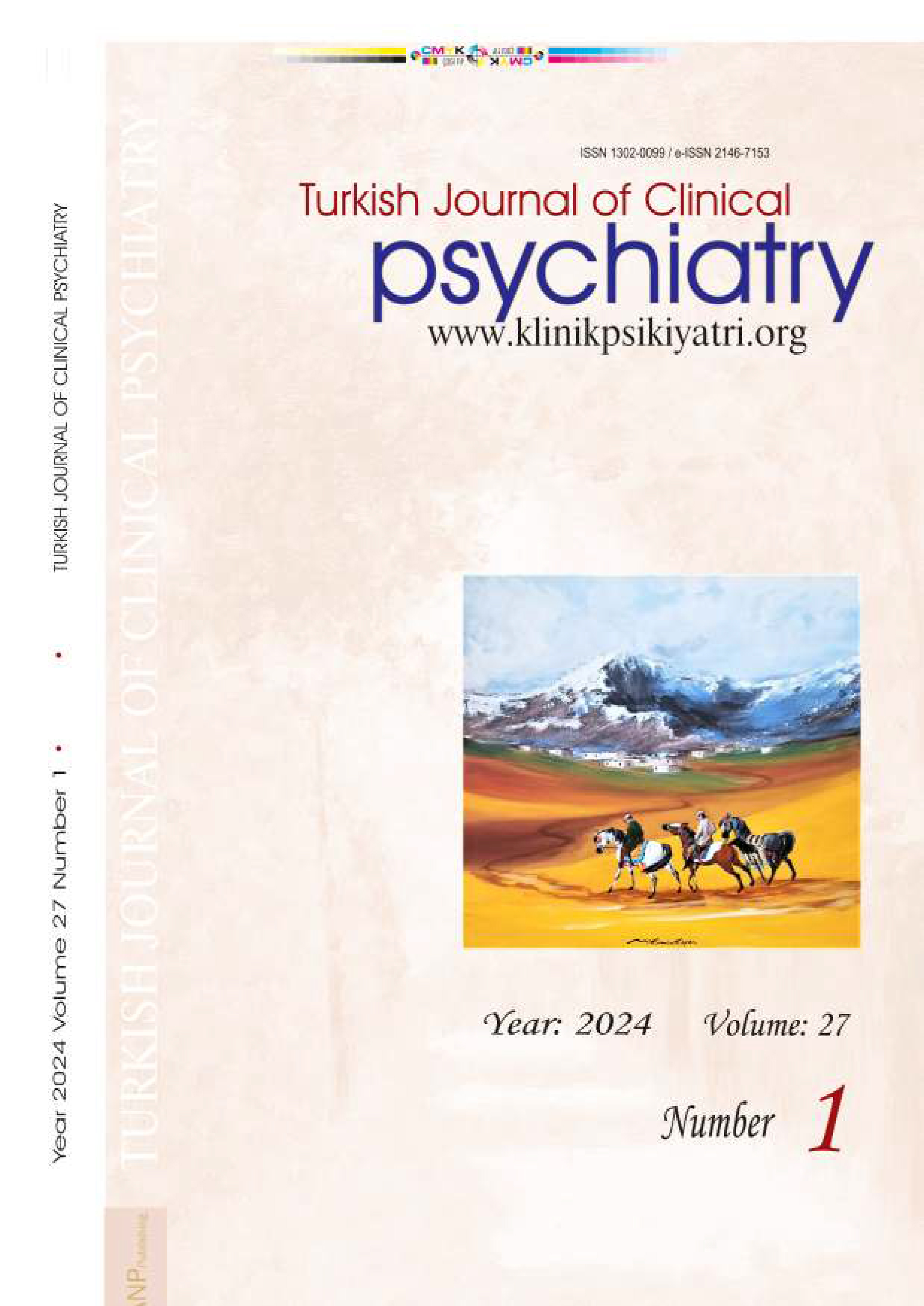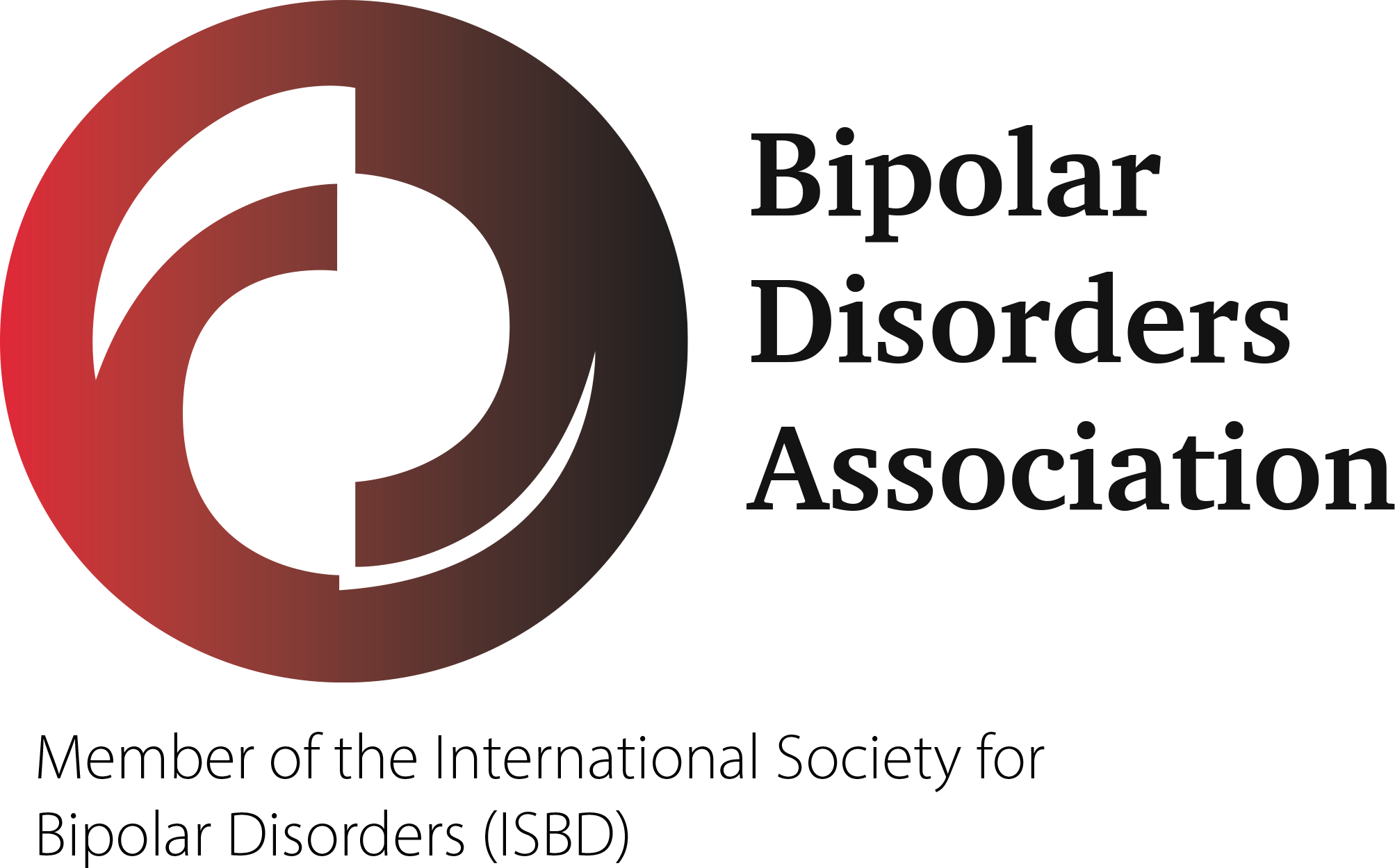





Levels of anxiety, depression and stress response after missile attacks in Kilis in Turkey-Syria border (tur)
Musa Şahpolat1, Duygu Ayar21Department Of Psychiatry, Kilis State Hospital, Kiilis, Turkey2Yusuf Serefoglu Faculty Of Health Sciences, Kilis 7 Aralık University, Kilis, Turkey
INTRODUCTION: Terrorist attacks are a form of action that negatively affect an individual's life by causing heavy social, economic, political and psychological consequences in the society. This study aimed to determine the rates of anxiety, depression and post-traumatic stress disorder (PTSD) in the sixth month after the end of missile attacks that started in January 2016 in Kilis near Turkish-Syrian border due to the Syria war and lasted about six months.
METHODS: This study contained a total of 160 participants, including 80 individuals who lived in this region in the sixth month after the end of missile attacks and were exposed to events and 80 healthy volunteers who did not live in this region during missile attacks. The Structured Clinical Interview for DSM-IV Axis I Disorders (SCID-I), Beck Depression Inventory, Post-Traumatic Stress Disorder Checklist-Civilian Version (PCL-C), State-Trait Anxiety Inventory and Sociodemographic Information Form was administered to all participants under the guidance of a clinician.
RESULTS: There was no significant difference between the two groups in terms of demographic factors. The rates of anxiety, depression and PTSD were found significantly higher in individuals exposed to missile attacks compared to healthy controls. There was no significant relationship between age, gender, marital status, income level and depression-PTSD. It was determined that individuals diagnosed with depression and PTSD had higher education level. In addition, the diagnosis of depression and PTSD was found to be significantly higher in individuals who previously received psychiatric treatment and who lost their relatives due to missile attacks.
DISCUSSION AND CONCLUSION: This study supports the information that individuals who are exposed to terrorist attacks have a high rate of PTSD. Large sample size and long-term studies should be done to reveal the mental consequences of such attacks.
Keywords: Anxiety, depression, post-traumatic stress disorder, terrorist attacks.
Türkiye- Suriye sınırındaki Kilis’te füze saldırıları sonrası anksiyete, depresyon ve stres tepkisi düzeyleri (tur)
Musa Şahpolat1, Duygu Ayar21Kilis Devlet Hastanesi, Psikiyatri Kliniği, Kilis, Türkiye2Kilis 7 Aralık Üniversitesi, Yusuf Şerefoğlu Sağlık Bilimleri Fakültesi, Kilis, Türkiye
GİRİŞ ve AMAÇ: Terör saldırıları hedef toplumda ağır sosyal, ekonomik, siyasal ve psikolojik sonuçlara neden olarak temelde bireysel yaşamı olumsuz etkileyen eylem biçimidir. Bu çalışmanın amacı Suriye’deki savaş nedeniyle Ocak 2016 yılında başlayan ve yaklaşık altı ay kadar süren Türkiye-Suriye sınırında yer alan Kilis’e fırlatılan füzeler sonrası meydana gelen o bölgede yaşayan kişilerde saldırıların bitiminden itibaren altıncı aydaki anksiyete, depresyon ve travma sonrası stres bozukluğu (TSSB) oranlarını belirlemektir.
YÖNTEM ve GEREÇLER: Bu çalışmaya saldırıların bitiminden itibaren altıncı ayda saldırıların olduğu dönemde bölgede yaşayan olaylara maruz kalan 80 kişi örneklem grubu ve saldırılar döneminde bölgede yaşamayan 80 sağlıklı gönüllü kişi kontrol grubu olmak üzere toplam 160 kişi alınmıştır. Tüm katılımcılara klinisyen eşliğinde DSM-IV I. Eksen İçin Yapılandırılmış Klinik Görüşme (SCID-I), Beck Depresyon Ölçeği, Travma Sonrası Stres Bozukluğu Soru Listesi-Sivil Versiyonu, Durumluk-Sürekli Anksiyete Ölçeği ve Sosyodemografik Bilgi Formu uygulanmıştır.
BULGULAR: İki grup arasında yaş, cinsiyet ve demografik etkenler açısından anlamlı bir fark saptanmamıştır. Örneklem grubunun anksiyete, depresyon ve TSSB oranları kontrol grubuna göre istatistiksel olarak anlamlı düzeyde yüksek bulunmuştur. Yaş, cinsiyet, medeni durum, gelir düzeyi ile depresyon ve TSSB arasında bir ilişki saptanmamıştır. Depresyon ve TSSB tanısı alanların eğitim düzeylerinin daha yüksek seviyede olduğu belirlenmiştir. Ayrıca daha önce psikiyatrik tedavi alanlarda ve saldırılarda yakın kaybı yaşayanlarda depresyon ve TSSB tanısı istatistiksel olarak anlamlı derecede yüksek bulunmuştur.
TARTIŞMA ve SONUÇ: Bu çalışma terörist saldırılara maruz kalan bireylerde yüksek oranda TSSB görüldüğüne dair bilgileri desteklemektedir. Bu tür saldırıların ruhsal sonuçlarını ortaya koyacak daha geniş örneklemli ve uzun vadeli çalışmalar yapılmalıdır.
Anahtar Kelimeler: Anksiyete, depresyon, travma sonrası stres bozukluğu, terör saldırıları.
Manuscript Language: Turkish
(2587 downloaded)











